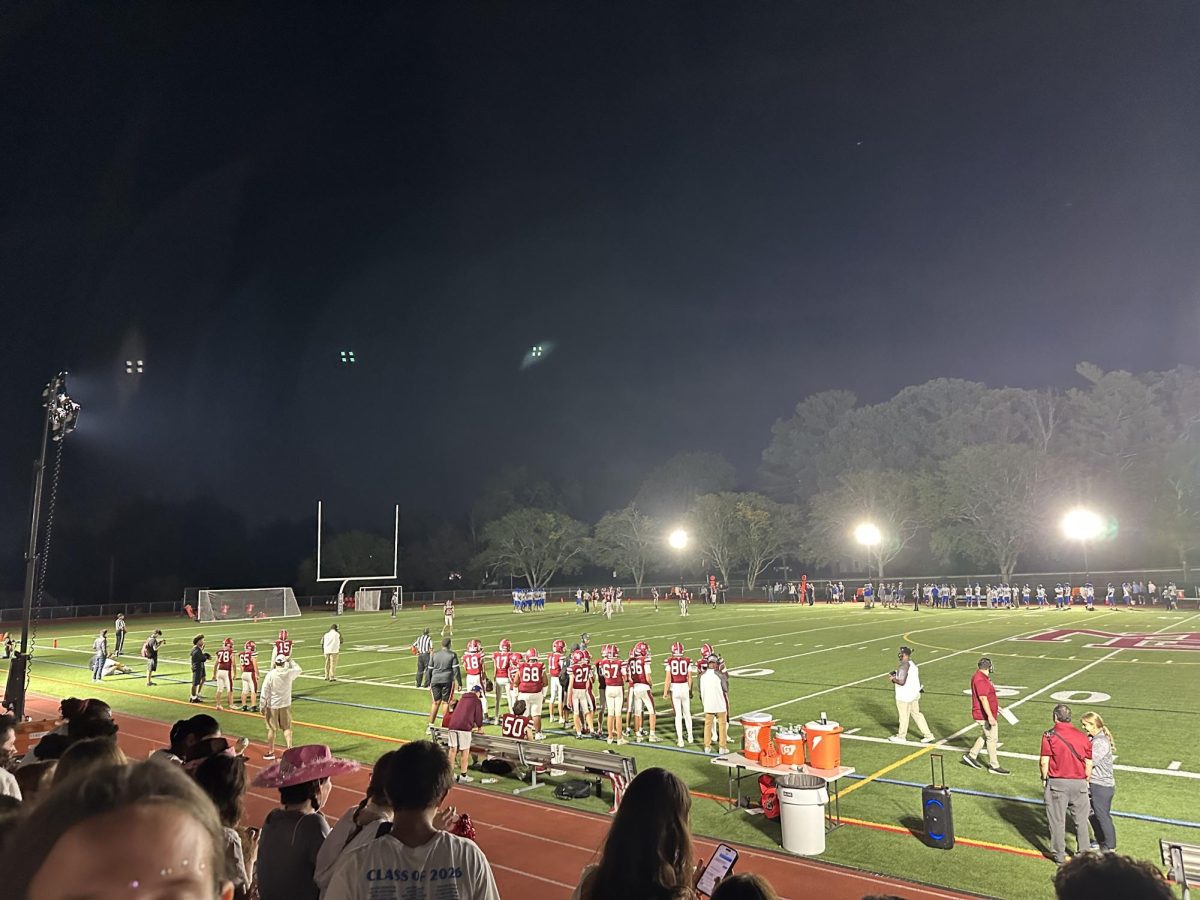Three beloved pandas, 24-year-old Tian Tian, 23-year-old Mei Xiang, and their 18-month-old cub Xiang Qi Ji, who spent many years in the Smithsonian National Zoo in Washington, D.C. were sent back home to China this past November. Their departure marks the end of more than fifty years at the zoo and millions of visits by animal lovers nationwide. The showcase of these adorable and cuddly bears have been incredibly popular and loved over the years, and it is unknown if visitors will ever be able to spot giant pandas in America.
The Smithsonian National Zoo was the first to have a panda program referred to as “panda diplomacy.” China allowed the bears to be used for major political and diplomatic needs especially when it came to closer relations with other countries. The panda diplomacy with Beijing and Washington first started back in 1972, after President Richard Nixon made a historic visit to China. Two giant pandas were given to the United States by Chairman Mao Zedong’s government. As the popularity of the pandas increased in America, China sent more of the creatures to zoos throughout the country as a loan as opposed to a gift.
Today, a total of 23 countries have pandas on loan from China, however, that number is beginning to diminish. Pandas in Scotland and Australia have reached the end of their time in their new homes, and will be returning to their homeland soon. Although pandas are no longer endangered as of 2021, their population is considered low due to their habitat being threatened by logging, which could be a factor to why many pandas are making their return to China.
“Please know that the future is bright for giant pandas,” Brandie Smith, the Director of the Smithsonian’s National Zoo and Conservation Biology Institute, told New York Times. She said, “We remain committed to our program, and we look forward to celebrating with all of you when pandas can return to D.C..”
Prior to the departure of the animals, many people made an effort to travel to D.C. to take a glimpse of them one last time. As a result, regular visitors, tourists, or zoo employees miss the pandas and were teary-eyed to say goodbye.
For some, the end of the pandas’ time in the U.S. is disappointing, since U.S. citizens will no longer be greeted by the adorable, fuzzy faces of the bears in zoos, and will only be able to see them again if they fly to China. Hannah Kopit ‘27 said, “I feel sad because we can no longer see unique animals such as pandas anymore.” For others, the departure does not affect them significantly, especially if they do not reside close to the Smithsonian National Zoo. Catherine Clark ‘27 said, “I am okay with the pandas being reclaimed but some people might be upset. Personally, pandas are not my favorite animal so I’m not really affected.” Nevertheless, the majority of U.S. citizens enjoy spotting animals native to other countries in American zoos, which is why the pandas will be greatly missed.
No matter one’s personal thoughts on the departure, it is the end of an era. Vast numbers of tourists and locals have looked forward to seeing the pandas in their temporary homes for more than fifty years, and their absence will certainly be felt.








